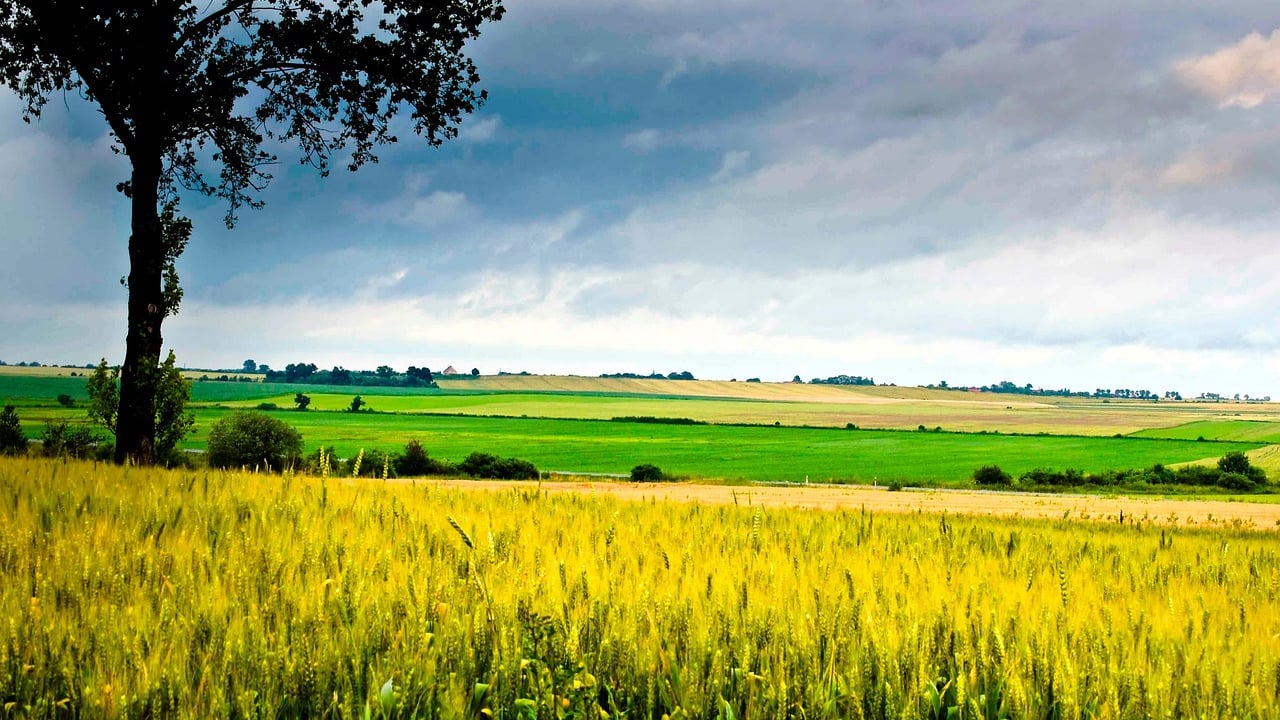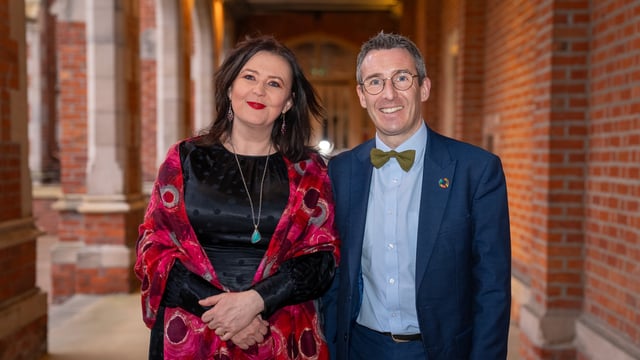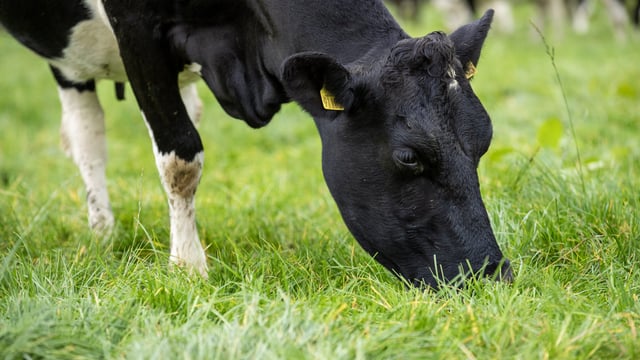Organic measures welcomed in new EU Vision for Agriculture
The Irish Organic Association (IOA) has welcomed the EU Commission's Vision for Agriculture and Food for Ireland.
The vision sets out the commission's roadmap for developing future agriculture and food policies, including the Common Agricultural Policy (CAP) post-2027.
The development and expansion of organic food and farming across Europe remains a key part in shaping an attractive agri-food sector for future generations.
The CEO of the IOA, Gillian Westbrook said: "We welcome that the European Commission has reaffirmed that organic farming remains an important sustainable business model for the future.
"Bringing together economic opportunities with tried and tested environmental results and social responsibility must continue to be supported,” she added.
The latest production and market trends in Europe show that organic retail sales experienced growth of 3.6% in the EU in 2023. The overall value of sales is €46.5 billion.
“The wide range of environmental and other benefits that organic farmers deliver are backed by growing demand for organic food across Europe and more globally observed in latest retail figures for 2023, which showed positive growth," Westbrook said.
"This demonstrates the continuing market development opportunities for the Irish agri-food sector in Ireland, Europe and beyond, with further expansion of the organic sector from farm to fork reflected throughout the new EU vision," she concluded.
The Pesticide Action Network (PAN) said it is worried that the EU vision includes "unscientific pesticide industry narratives".
It believes the commission backtracked on commitments to better protect EU agriculture competitiveness and citizens’ health by lowering maximum residue levels in imported food.
According to PAN, the vision lacks the teeth and sense of urgency needed in view of the health and environmental crises, which are wrecking a thriving future for farmers, citizens and ecosystems.
PAN's agriculture policy officer, Kristine De Schamphelaere said: "To protect our farmers' competitiveness, as well as citizens' and ecosystems’ health, the EU must lower maximum residue levels of all pesticides banned for environmental and health reasons, not only 'the most hazardous' ones as stated in the vision."
"All banned pesticides are hazardous. Farmers in third countries will keep using them, with catastrophic impacts, while ours will be in a situation of unfair competition.
"This vision seems to favour the pesticide industry rather than EU farmers and [the] health of citizens and ecosystems," she added.
According to PAN, more than 90 organisations asked the commission to make phasing out harmful pesticides central in the EU Vision for Agriculture and Food.
Head of science and policy at PAN, Dr. Angeliki Lyssimachou concluded: “With this vision, the commission also ignores the repeated calls of citizens to swiftly cut pesticide use, including the more than one million citizens of the ECI [European Citizens' Initiative] Save Bees and Farmers, who asked to phase out harmful pesticides.”





